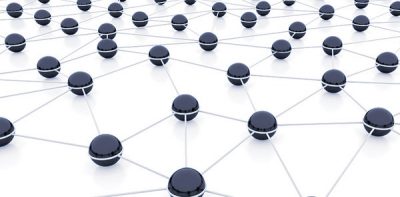Smart meters: Ease of use and energy conservation features to aid in gaining popularity
August 7, 2018
According to a report published by Grand View Research, the South Africa smart electricity meter market was valued at $54.1 million in 2017 and is projected to present opportunity worth over $79.5 million by 2025, growing at a CAGR of about 5.1% from 2018 to 2025.
It is an evolving market, providing ease to the utility regulatory authorities and the end users. Smart electricity meters are gaining popularity in South Africa, as they are being deployed with a prepaid system and are easy to use. Customers using prepaid meters can recharge their meter at any point using online portals and can obtain real-time data on the usage of electricity with a smart electricity meter.
In South Africa, the house owners and tenants have a preference for smart electricity meters as these meters assist them in keeping an eye on the electricity consumption.
Smart Meters make it easy for the house owners to keep track of the usage of electricity on a daily, weekly or monthly basis. Also, such meters spur awareness amongst the users about their electricity usage and thus the user can plan accordingly to become more energy efficient.
Several municipalities in South Africa have considered deployment of smart metering systems to reduce electricity losses, promote energy efficiency, improve grid reliability and enhance the billing & credit control issues.
The meters being a new technology, would need a significant investment from the South African municipalities for operations and maintenance of the metering system.
The South African government has initiated national smart metering standards “NRS049:2008” that has been published to set a specific standard for Advanced Metering Infrastructure (AMI) system in the country.
The standard specifies that the meter must store the energy consumption data as a total registered value and also the data in half-hourly intervals. The data retrieval station or system should support the retrieval of billing using the total cost and the half-hourly data.
The municipalities would have a choice to bill their customers utilising the total registered value or the half hourly data.
The “Smart Grid Vision 2030” initiative laid down by South African National Energy Development Institute (SANEDI) as a part of the South African Smart Grid Initiative (SASGI) is anticipated to enhance the demand of smart electricity meters in South African cities.
The Smart Grid Readiness Test initiated by SANENDI assists the municipalities in the country in assessing their readiness for investing in a smart grid network. Some of the cities in the country such as the City of Tshwane, the Nelson Mandela Bay and the City of Jo’burg have deployed the City Power Smart metering project.
End-usage can segment the South African smart electricity meters as residential, commercial and industrial. The residential applications include deployment of smart meters in suburban/urban apartments and standalone, autonomous bungalows.
The commercial segment provides for the use of smart metering systems in all commercial buildings and aligned infrastructures such as hotels, residential lodges, and small to large shopping complexes, and offices.
The industrial segment involves the incorporation of advanced metering systems in product manufacturing facilities and processing plants.
Contributor: Ajinkya Ponkshe, Team Leader – ICT Practice, Grand View Research
From Smart Energy


